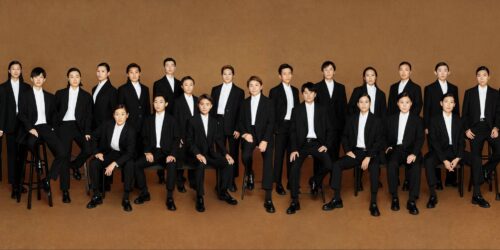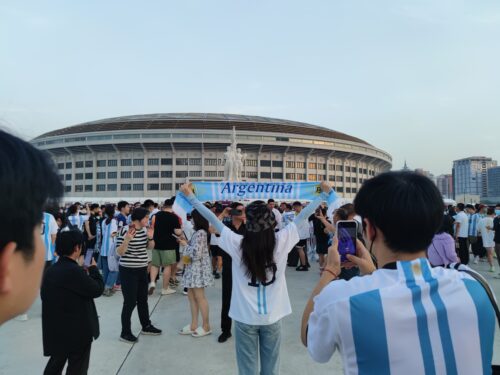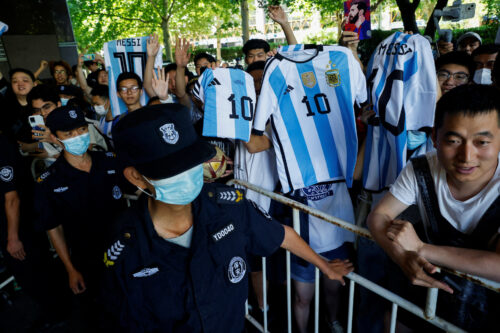China’s World Cup qualifying campaign to be led by a Brazilian
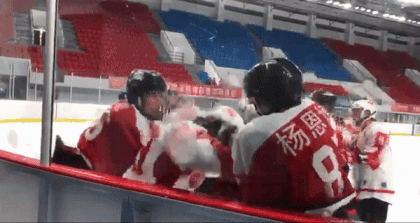
The China Sports Column is a The China Project weekly feature in which China Sports Insider Mark Dreyer looks at the week that was in the China sports world.
Brazilian soccer player Elkeson is set to be named to China’s national team squad for the first time this fall as the country prepares to attempt qualification for the 2022 World Cup in Qatar.
If confirmed, it would cap a remarkable few months for Chinese football, which has seen not just players of Chinese heritage naturalized for the sake of the national team, but also those — of which Elkeson is one — who qualify under FIFA’s five-year residency rule, with the soon-to-be-former Brazilian having first moved to the Chinese Super League in 2013.
The policy is clearly supported by Italian coach Marcello Lippi, who wants to use every possible arrow in his quiver in the bid for World Cup qualification — and Elkeson is certainly an upgrade to Lippi’s previous squad options.
But it’s a short-sighted policy that is almost certain to have disastrous long-term consequences given China’s particular demographics.
If Elkeson performs well and fires China to the World Cup, the more nationalist supporters who disagree with the policy will be overlooked, if not fully silenced.
But that then opens the door to other foreign “mercenaries” being drafted into the Chinese team after their five-year CSL internships have ended.
If Elkeson, or any of these other future draftees, don’t perform well on the pitch, the negative voices will reach a crescendo, with their lack of “Chinese-ness” blamed for the country’s failings.
Of course, in a country that widely accepts citizens from other countries and welcomes them as their own, this is a policy that can work.
China, though, is a long, long way from that scenario, and doesn’t show any signs it wants to go that route outside of the very narrow confines of the sporting world.
~
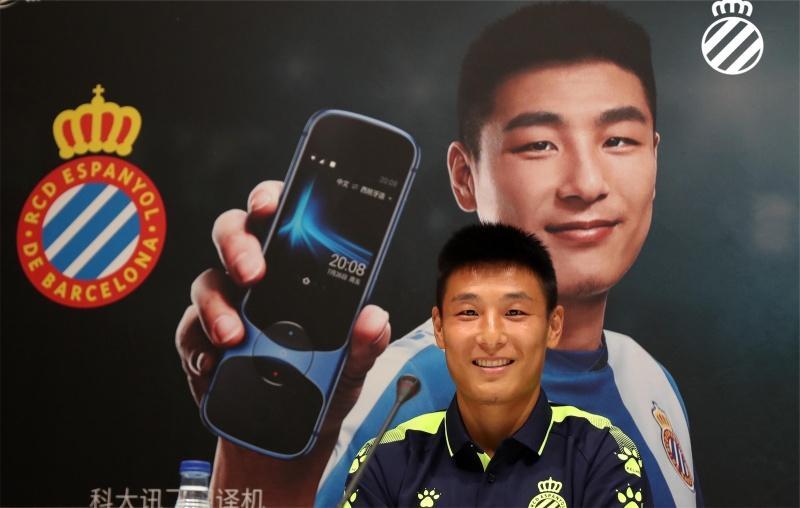
Spanish La Liga club Espanyol has taken a firm stance in the U.S.-China trade war thanks to a sponsorship with Chinese AI translation company iFLYTEK.
On first glance, it’s a toxic tie-up for the club given that iFLYTEK was reportedly close to being added by the U.S. to its tech blacklist — a story that caused the firm’s share price to plummet back in May.
But Espanyol is owned by Chinese entrepreneur Chen Yansheng, and so it’s clearly a move designed to bolster the company’s international credibility.
Striker Wu Lei 武磊, who plays for Espanyol and the Chinese national team, has been named the first spokesman of the iFLYTEK Translator, and optimistically claimed that it would allow more Chinese players “to go further in the international arena.”
While Wu himself has exceeded expectations in Spain, his fellow countrymen’s ability should be of far greater concern than their ability to communicate in a foreign language.
After all, Gareth Bale — whose move to China has now officially fallen through — has won 13 trophies in six seasons at Real Madrid without being able to speak a lick of Spanish.
~
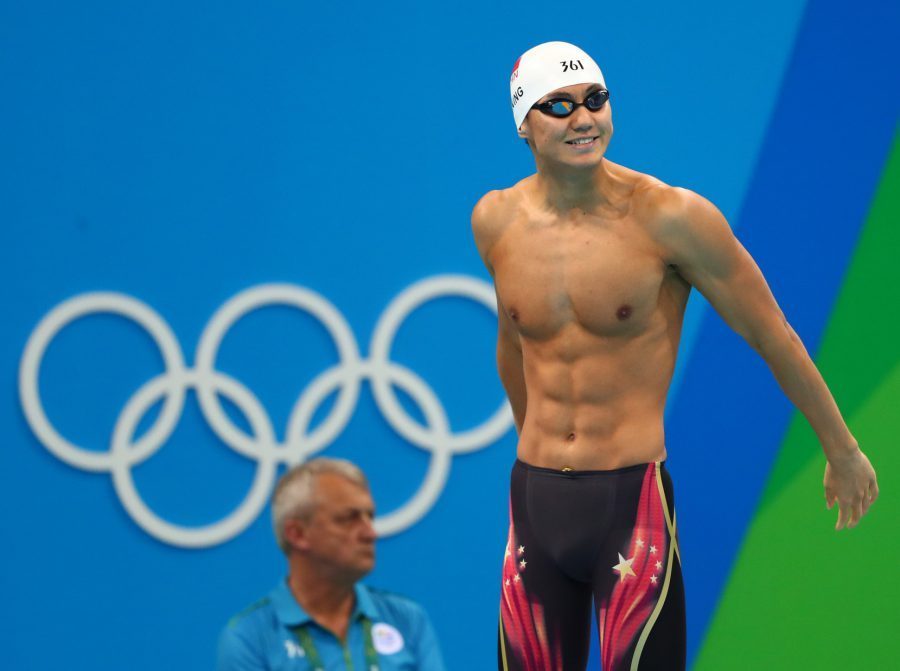
In another curious sponsorship deal this week, former swimming world champion Ning Zetao 宁泽涛 has become a sporting ambassador with French football’s top-tier league, Ligue 1.
Ning was presented at a press conference in Shenzhen last weekend, where the Trophée des Champions season opener between PSG and Rennes was being played, alongside two other Ligue 1 ambassadors, Youri Djorkaeff and Edmilson.
The difference is, though, that those two actually played professional football earlier in their careers.
Ning told the assembled media that he hoped he could “inspire more youngsters to…be interested in football.”
But why on earth would Ning’s connection to the French league do that?
Ning was only briefly famous for his sporting prowess, with his abs temporarily the most liked body part in China, but he was able to successfully leverage his time in the sporting spotlight into lasting celebrity fame.
But his path would now seem to lie in game shows and clothing deals, rather than promoting a sport about which he knows little.
~
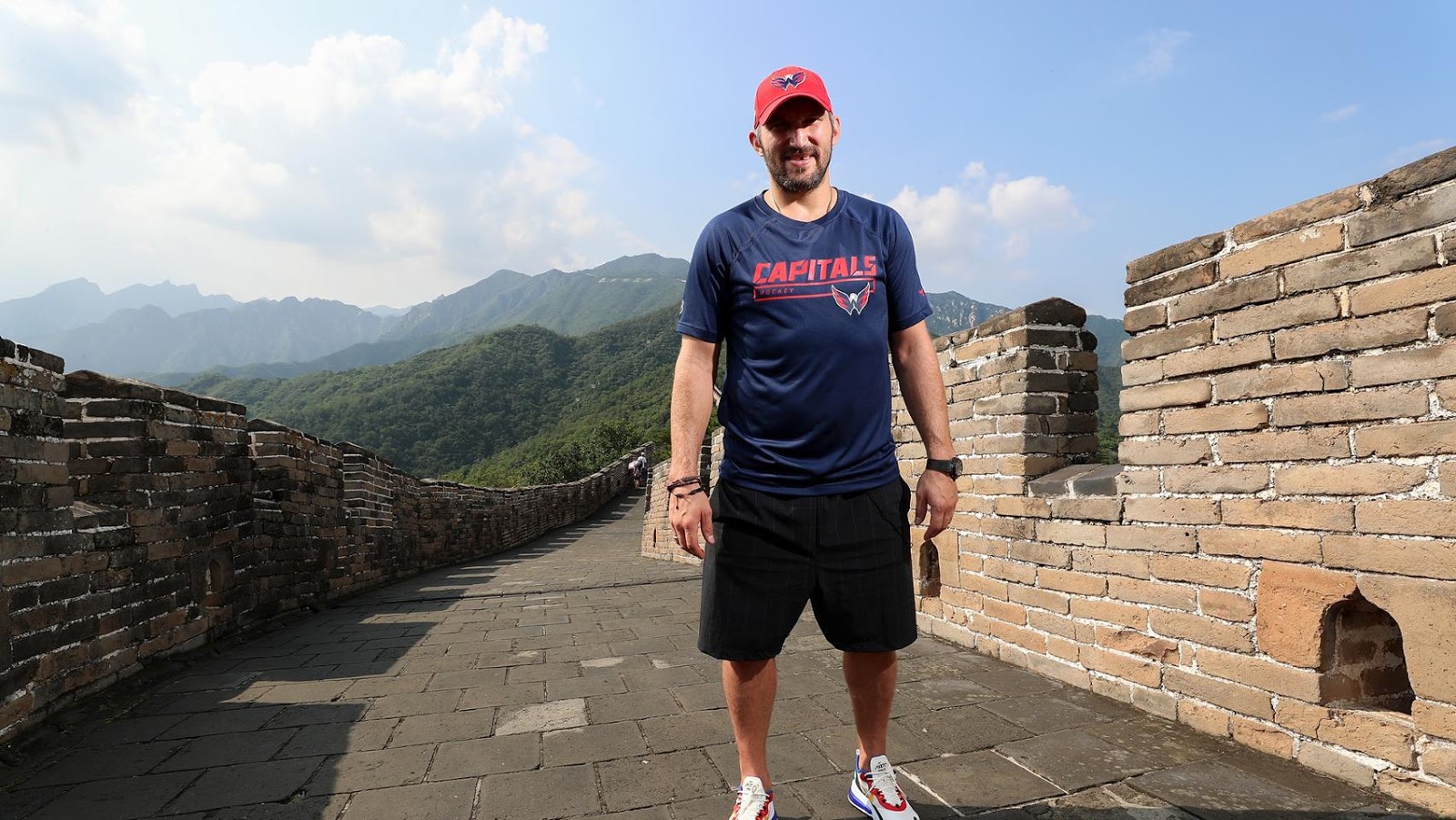
NHL star Alex Ovechkin has wrapped up his promotional tour of China, with the official release detailing his list of tourist destinations.
The Washington Capitals forward reportedly visited the Great Wall, the Forbidden City, and the Temple of Heaven during a hastily-prepared itinerary.
With the NHL China Games postponed until next year due to complications staging large sporting events in China in the fall due to the country’s 70th-year anniversary celebrations, it was a coup to get one of the greatest players in the league to come to China in lieu of some actual NHL action.
Ovi also hosted some youth ice hockey and ball hockey clinics in China, but it seems like the hockey side of things was more an afterthought than the focus of his visit.
Showing what a great time he had at tourist traps might be mildly interesting to hockey fans back in North America, but doesn’t go very far when it comes to converting new fans in China.
~
Sport and politics collide — literally — in this week’s sporting highlight, as ugly scenes marred an ice hockey game between Hong Kong and Shenzhen at the National Youth Games in Chengde, with Hong Kong leading their mainland counterparts 11-2 in the closing stages. So-called garbage time fights are not uncommon in professional hockey, but with one-year bans handed out to the perpetrators, this one clearly went way over the line. The Shenzhen team also didn’t get the memo about “dropping the gloves.”
The China Sports Column runs every week on The China Project. Follow Mark Dreyer @DreyerChina.


